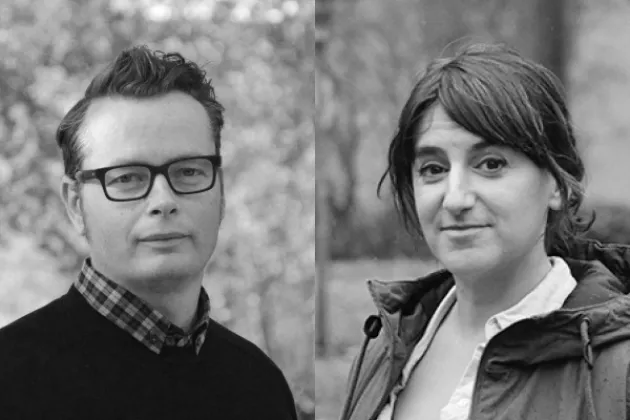Summary
The notion that we must go beyond business-as-usual and innovate to achieve climate- and sustainability goals is widely held. However, developing novel solutions always involves a certain amount of risk-taking. Urban experiments involve a variety of actors negotiating risk, but planners play a unique role because they have political mandates and responsibilities. Taking risks is in conflict with both public sector ethos in general, and traditional planning's ideals and practices in particular - which instead emphasize the importance of stability, predictability and long-term solutions. But how do urban planners handle risk taking when navigating in the tension between stability and risk?
This project aims to examine how local planners handle risk-taking in urban experiments in planning as well as explore the ethical questions that arise as they navigate the tension between stability and risk. We will draw from a tentative theoretical framework derived from research in risk, urban experiments and organization theory and adopt a methodological approach of collecting a broad range of perspectives on and experiences of risk-taking and creating possibilities for planners to interact and reflect on risk-taking including multi-sited case study, expert interviews and stakeholder workshops. In terms of social impact, the project will result in guiding ethical principles for empowering planners to proactively engage in risk taking.


